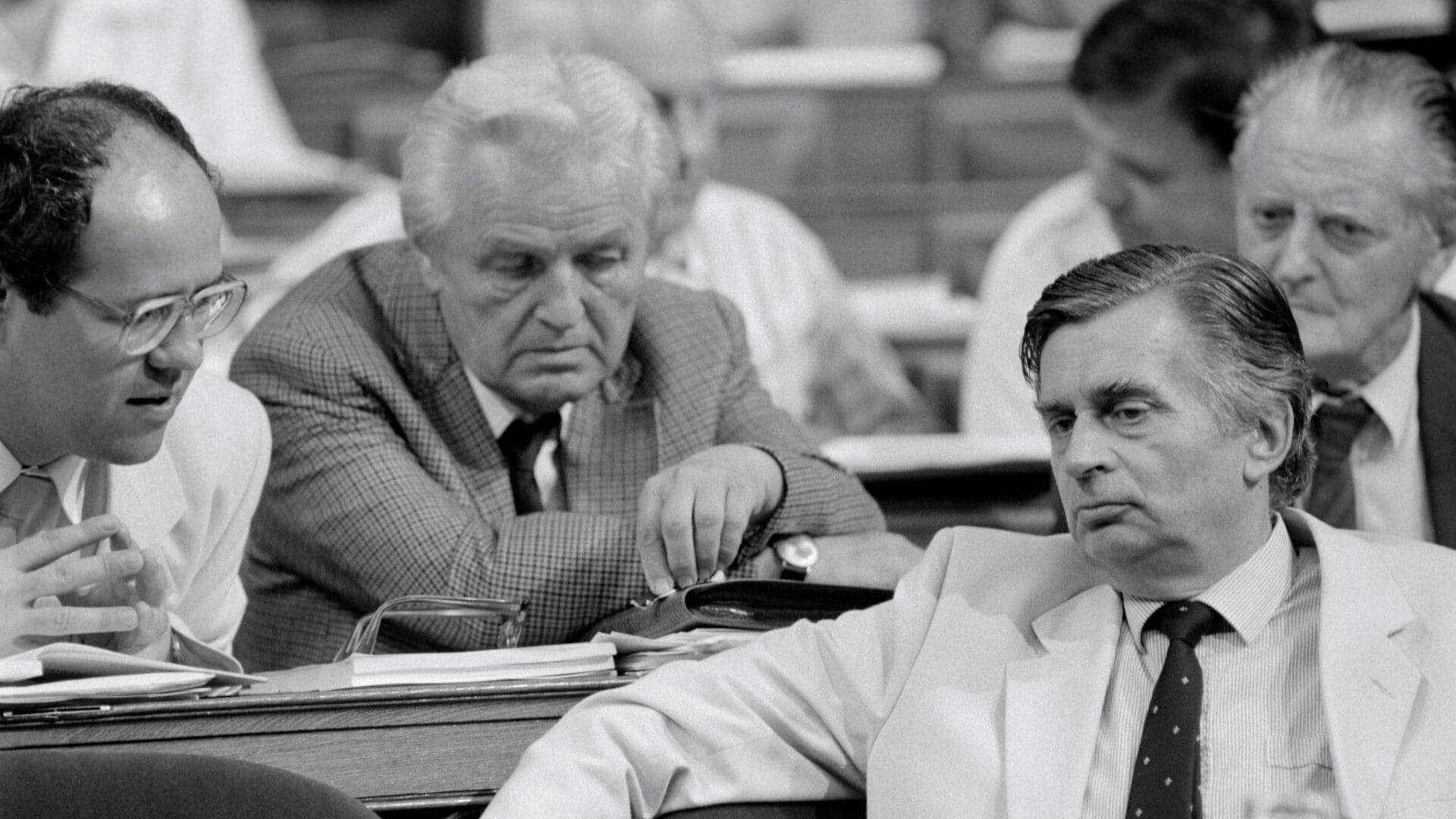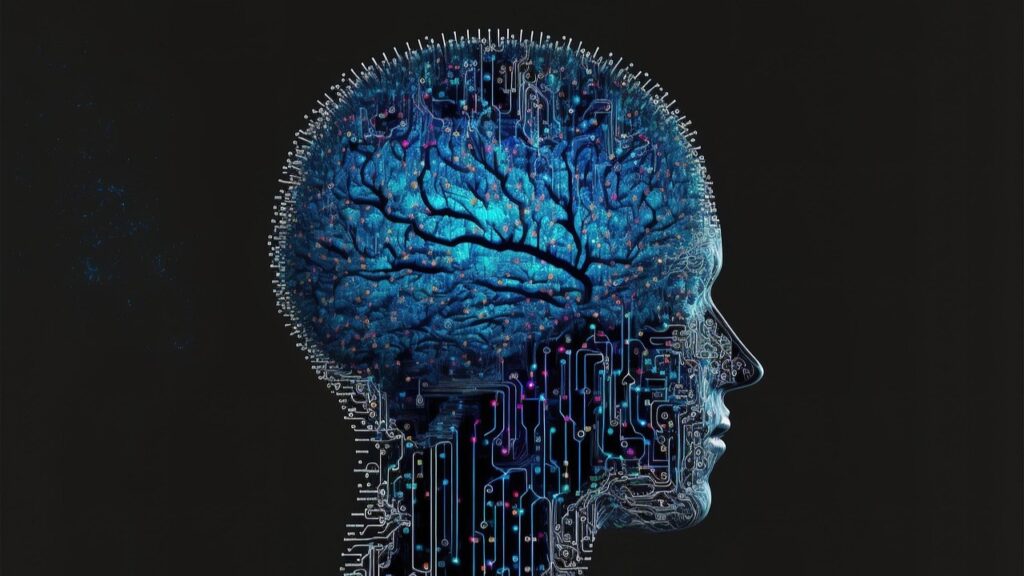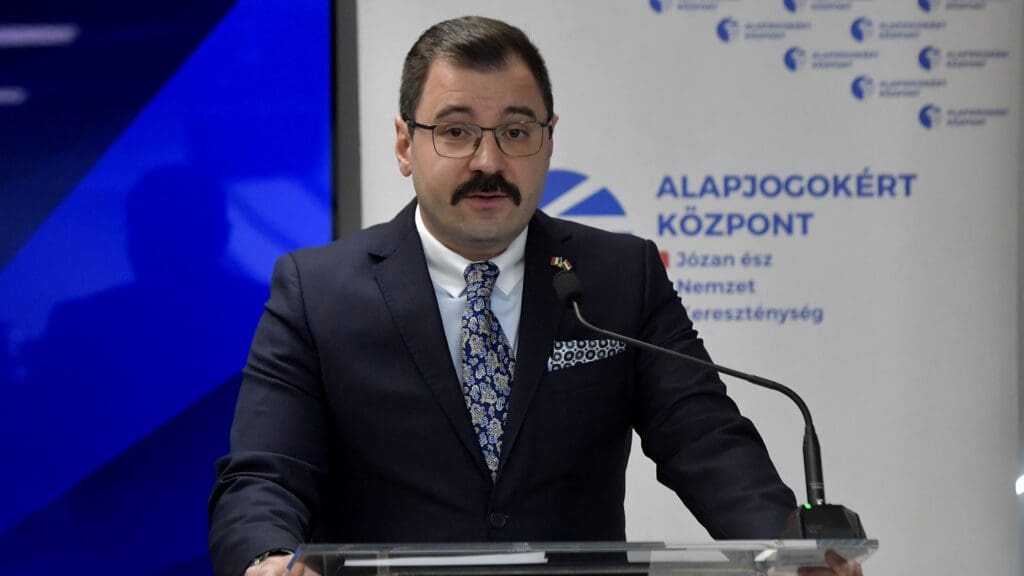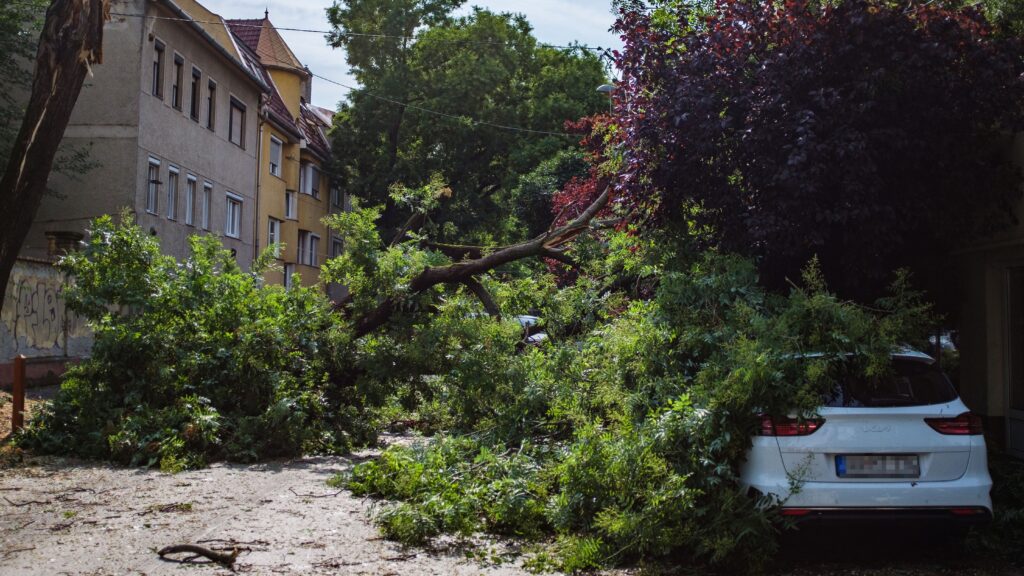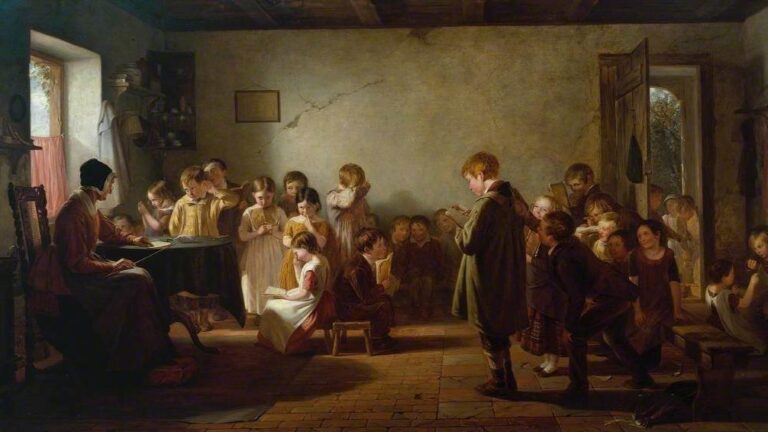The following is a translation of an opinion piece written by Minister without portfolio for Land Development Tibor Navracsics, originally published on Mandiner.hu.
We celebrated the thirty-third anniversary of the formation of the freely elected Hungarian National Assembly on 2 May. The question is, however, whether we should still celebrate it, since the bitter memories of recent times have now thoroughly overshadowed the initial euphoria of the regime change. While there is now a consensus about Hungarian society entering a new chapter of its history with unrealistic expectations in 1990, it seems that frustration will become the dominant emotion of these three decades, after all.
The fact that what we considered an achievement at the time we now remember as a weakness also plays a decisive role in this process of discouragement. The peaceful and gradual nature of the transition and the series of compromises are now usually cited as a lack of courage and political strength. Today, the political moderation of the time tends to appear as a lack of personal ability, and in general, any step or gesture taken during the era of the regime change indicating political voluntary restraint is completely immersed in the colours of unlivability.
We can also say that there is nothing new in this. As one of Europe’s legendarily dark-sighted nations, we are masters of rewriting success stories into sad dramas. Another example of this is the Pécs European Capital of Culture 2010 event series, which is considered one of the most successful programmes throughout Europe, except for Hungary, where posterity often makes excuses for its failure with eyes downcast.
Well, it should be otherwise. We should be proud not only of Pécs as the European Capital of Culture but also, for example, of the lifetime of history of modern Hungarian democracy. We could proudly think of the political elite of the time, their moderation, wisdom, and courage, even if everyone could find plenty of events, steps, or gestures that would prove the opposite in the thirty-three years that have passed.
‘Thirty-three years ago, the most stable democratic political system in Central Europe was established’
Nevertheless, it can be stated as a fact that with the first free parliamentary elections in the spring of 1990, the most stable democratic political system in Central Europe was established. The result of the agreement concluded between József Antall, the first democratically elected Prime Minister of Hungary, and Péter Tölgyessy, a representative of the Alliance of Free Democrats (SZDSZ), despite the change in the constitutional framework, remains decisive in the political institutions to this day. The value of this institutional stability is increased by the fact that it has an impact on domestic political processes and the strength of the government, too—namely, Hungary is the only country in the region where every parliament has completed its term of office since 1990, and no early elections were held.
The stability of the Hungarian party system can also be viewed as a value. In neighbouring countries, unstable party systems are not at all uncommon: newly formed parties often win elections, get into government positions, and then untraceably disappear by the time of the next election, without even entering the legislature. Although the Hungarian party system has seen certain changes in the previous thirty-three years—the biggest one in 2010—, overall, and taking into account the nature of the changes as well, this field is also mostly characterised by stability.
In the midst of an economic crisis and wartime conditions, we can see now how valuable political stability is, as well as the fact that a political institution has an efficient and able-bodied centre. To us Hungarians, apart from a few short periods, this ability may seem natural. Perhaps it was only during the domestic political crisis between 2006 and 2010 that we saw a kind of governmental impotence and numbness that is a common phenomenon of political life in other countries. However, we may call that period a learning curve of democracy: we have learned how to deal with a serious legitimacy crisis without using violence.
The modern-day Hungarian democracy has just reached its thirty-third birthday, that is, ‘the age of Christ’ when he was crucified. The previous generations of politicians were able to create a democratic political system in a historically short time, which can stably protect its communities and the lives of its citizens even in the midst of the continent’s biggest political storms. Despite all its handicaps and imperfections, this is also a historically important achievement of the last three decades—it is a legacy that we cannot only not abandon, but can rightfully be proud of.
Related articles:
Click here to read the original article.

